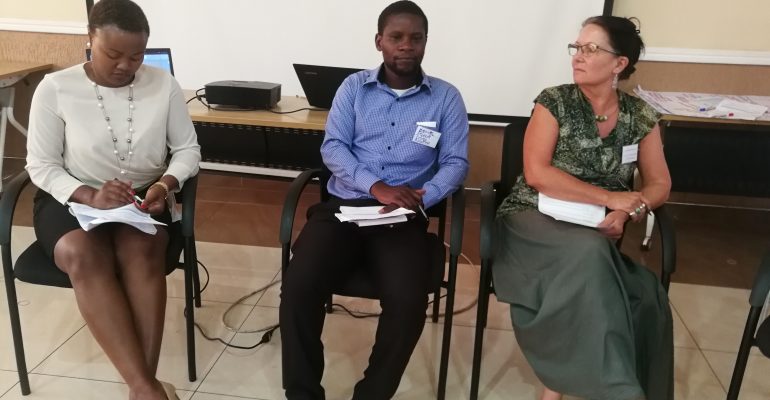As the European Union funded Skills and Technical Education Programme (STEP) comes to an end early next year, partners have been brought together to reflect on the challenges they have experienced in delivering informal skills training, the solutions implemented and the lessons learned.
The beneficiaries outlined their sustainability strategies among other things, during a two-day Learning Forum that took place in Lilongwe aimed at sharing best practices and lessons learnt.
The objectives of the meeting were to facilitate learning among TEVET informal training service providers, to improve training centre operations and to capture and document best practices and results of STEP supported bursary and grant programs.
Some of the organizations have ventured into Income Generating Activities (IGAs) such as bakery and restaurant aimed at financing their activities after the end of the STEP.
During the Learning Forum, six sessions were held: Training Centre Management, Identification of Students, Skills and Entrepreneurship Training, Evaluation of Programs and Monitoring of Alumni, Post-training Support to Graduates, Support to Transition to Work.
European Union representative Daniele Teccarelli says the meeting has been conducted at the right time as many European Union grants and funded programs are coming to an end soon.
“Malawi is the number one country for funding to TEVET from the European Union. We focus on supporting the construction trades due to research which shows that this is the biggest area of job growth opportunities,” he said.
Representative of the participants Margaret Mukwenha thanked UNESCO and the European Union for investing in the youth and the vulnerable.
“The youth population continues to rise in Malawi, so the European Union came at the right time to empower them with skills that will improve their lives,” she says.
Some of the organizations that were represented were; Music Crossroads Malawi, Samaritan Trust, Don Bosco and Prison Fellowship.
The activity is under the European Union funded Skills and Technical Education Programme which is partially implemented by UNESCO.



Comments are closed.